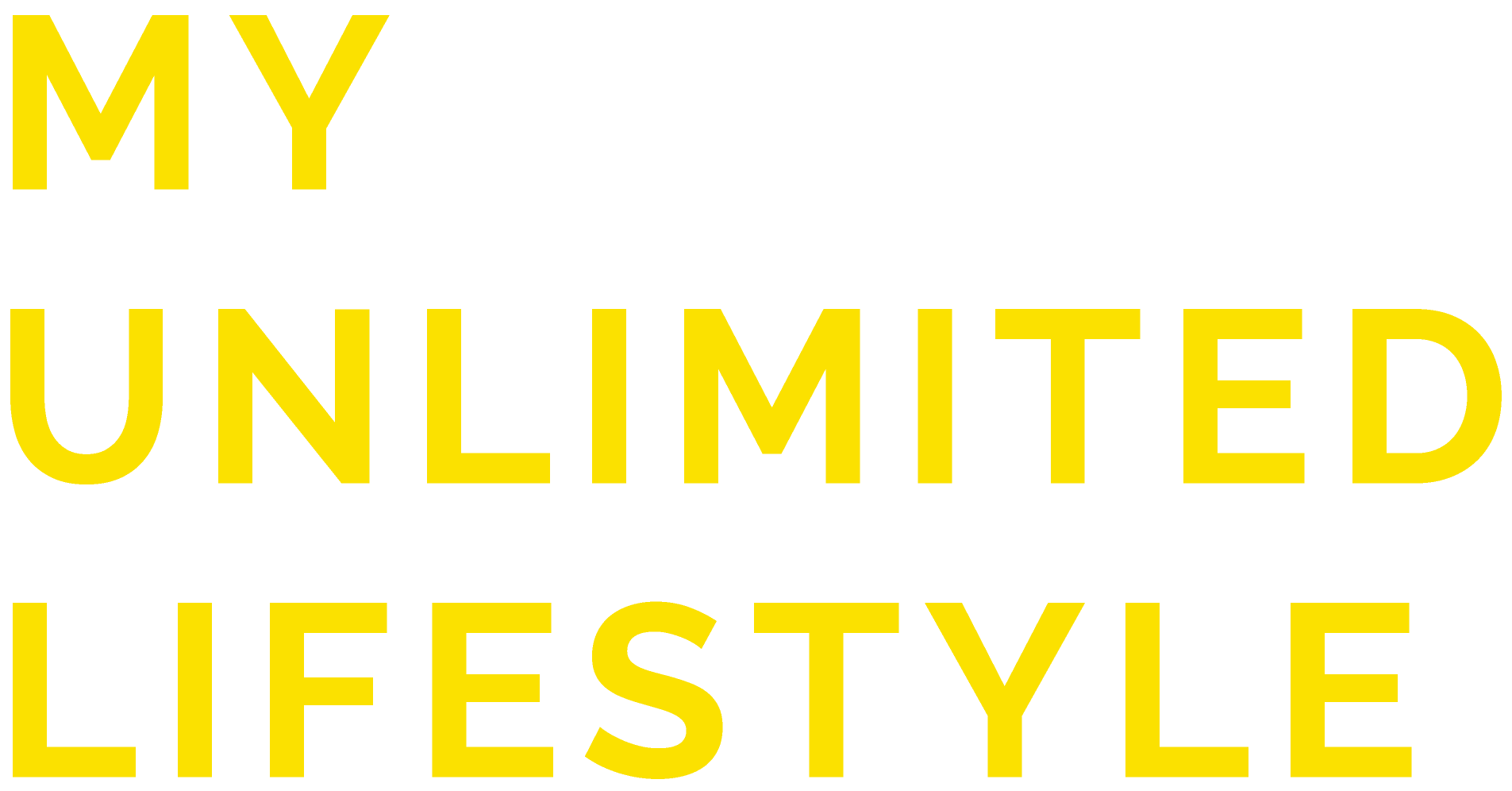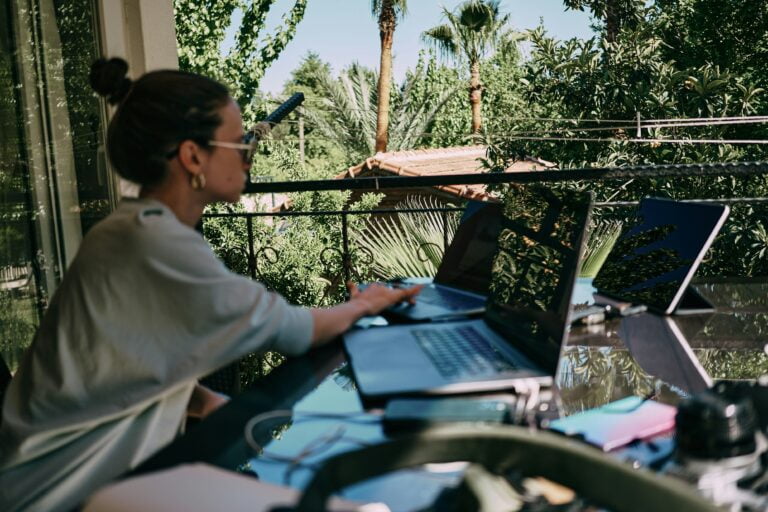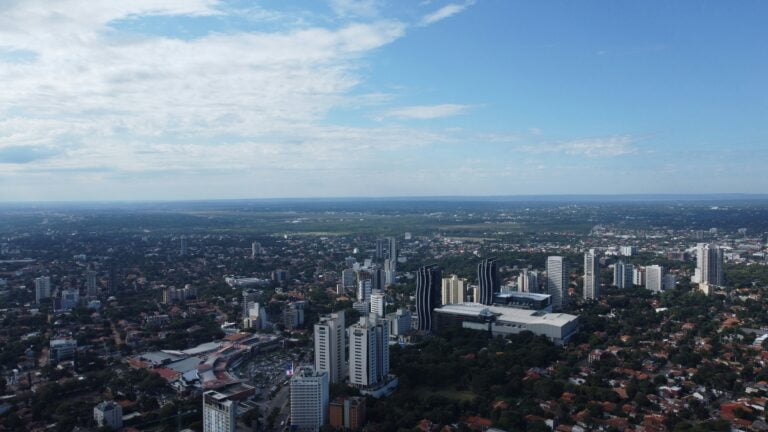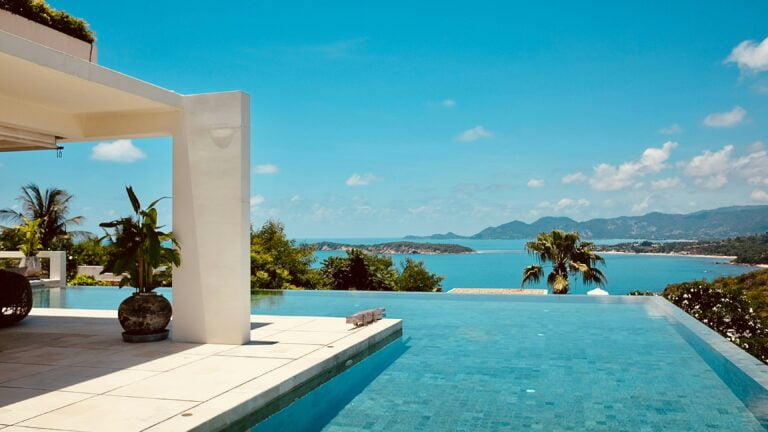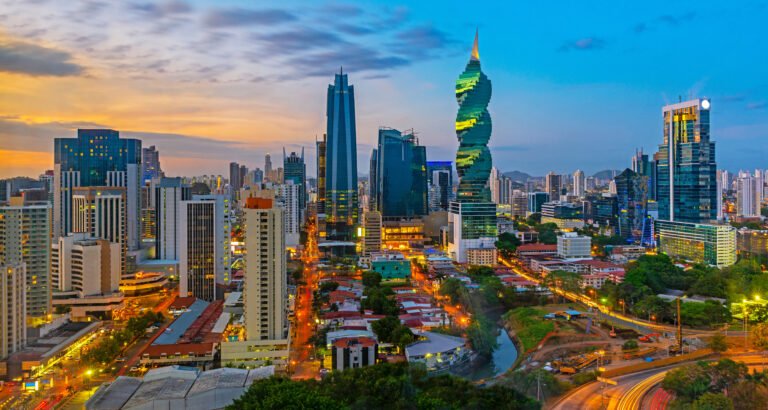Antigua and Barbuda, the islands that form an independent state in the Lesser Antilles in the Eastern Caribbean Sea, at the southern end of the Leeward Islands chain. There is one addiction, the small island of Redonda. The capital is St. John’s, Antigua.
History
Antigua was visited in 1493 by Christopher Columbus, who named it for the church of Santa Maria de la Antigua in Seville, Spain. It was colonized by English settlers in 1632 and remained a British estate, although the French invaded it in 1666. Early colonizers were also attacked by the Caribs, who were once one of the dominant nations of West India. Initially, tobacco was grown, but in the later 17th century, sugar was profitable.
The nearby island of Barbuda was colonized in 1678. The Crown granted the island to the Codrington family in 1685. It was planned as a slave breeding colony, but never happened once; the imported slaves came to live alone in their community.
The emancipation in 1834 of the slaves who were employed in profitable sugar factories caused difficulties in finding work. The 1843 earthquake and the 1847 hurricane caused further economic problems. At the end of the 19th century, Barbuda returned to the Crown, and its administration was so closely connected with the administration of Antigua that it eventually became an addiction to the island.
The Leeward Islands colony of which the islands were part was defended in 1956, and in 1958 Antigua joined the West Indian Federation. When the Federation was dissolved in 1962, Antigua persisted in discussions about alternative forms of the Federation. In the West Indies Act of 1967, the Antigua Association Agreement with the United Kingdom was adopted on 27 February 1967. As an Associated State, Antigua was fully autonomous in all internal affairs, while the United Kingdom retained responsibility for external affairs and defense.
In the 1970s, Antigua developed an independence movement, particularly under Prime Minister George Walter, who wanted full independence for the islands and opposed the British independence plan within the Federation of Islands. Walter lost the legislative elections to Vere Bird in 1976, which favored regional integration. In 1978 Antigua reversed his position and announced that he wanted independence. The free talks were complicated by the fact that Barbuda, Antigua’s long addiction, felt he was economically suppressed by a more massive island and wanted to break away. Finally, on 1 November 1981, Antigua and Barbuda achieved independence, with Vere Bird as the first prime minister. The state gained membership in the UN and the Commonwealth and joined the Organization of Eastern Caribbean States. The Bird’s Antigua Labor Party (ALP) regained stunning margins in 1984 and 1989, which firmly controlled the government of the islands.
The post-independence political landscape of Antigua and Barbuda remained relatively stable, although the government was subject to occasional scandals and allegations of corruption. The country has also gained a reputation for a rather lax tax haven. The bird remained in office until his retirement in 1994, after which his son, Lester, served as Prime Minister from 1994 to 2004. He was followed by Baldwin Spencer of the United Progressive Party, who also spent ten years in office. In 2009, the economy suffered after one of the country’s most prominent investors, US financier Robert Allen Stanford, was arrested and charged with fraud; in 2012, a court in Texas found him guilty of running the Ponzi scheme from his coastal bank in Antigua. In the June 2014 parliamentary elections, the ALP gained power under Gaston Brown. Browne and ALP then retained power in the early elections held in March 2018.
People
Most of the population is of African descent. Most of Antigua’s inhabitants live in John. The language is English, and some two-thirds of the people are Christians. The biggest single denomination is Anglicanism. There is also a large proportion of Seventh-day Adventists, Pentecostals, Moravians, and Methodists.
Religion
Protestant 68.3% (Anglican 17.6%, Seventh Day Adventist 12.4%, Pentecostal 12.2%, Moravian 8.3%, Methodist 5.6%, Wesleyan Holiness 4.5%, Church of God 4.1%, Baptist 3.6%), Roman Catholic 8.2%, other 12.2%, unspecified 5.5%, none 5.9%
Political situation
Antigua and Barbuda is a constitutional monarchy with a parliamentary form of government. The British monarch is the nominal head of state, represented by the Governor-General. The Constitution provides for a bicameral legislative body consisting of the Senate and the House of Representatives. The executive power is vested in the Council of Ministers headed by the Prime Minister, who is the head of government. Primary and post-primary education is compulsory.
Foreign relations
Despite Antigua and Barbuda’s ties to the United States and Britain, relations were tense at the end of 1986, as the ALP government gave the impression that the United States and Britain might prefer the UNDP in the upcoming elections in 1989. Recognizing that Western powers may consider Deputy Prime Minister Lester Bird, the presumed successor of their father, to be too left-wing, the ALP leadership accused the United States and Britain of calling for Heath in the next election and pushing his party in the hope government. When Heath received an official invitation to visit London, the Herald, a newspaper widely regarded as affiliated with Deputy Prime Minister Bird and his supporters, cited this as evidence of UK support for the UNDP candidate and described him as an inappropriate diplomatic meeting with a leader without an elected seat in Antiguan Parliament. The Workers’ Voice, a newspaper supported by ATLU, has accused the United States of accusing of interfering in Antigua and Barbuda’s internal affairs.
On his part, Deputy Prime Minister Bird criticized US policy in the region for not sharing the national priorities that governments in the Caribbean have. Bird also expressed reservations about the ubiquitous presence of US advisers in the area, increased arms exports from the United States to the Caribbean, and the establishment of paramilitary special forces (SSUs). Although some in his party were afraid of the left move if it gained power, Lester Bird and those with similar nationalist views remained anti-Communists firmly.
Antigua and Barbuda were members, among other international organizations, the Commonwealth of Nations (see Appendix B), the International Monetary Fund (IMF – see glossary), the World Bank (see glossary), the UN (UN) and several UN agencies (including the United Nations education, science, and culture), OECS, Regional Security System (RSS), Caricom, and the Organization of American States. As a member of Caricom and the Commonwealth of Nations, Antigua and Barbuda supported the efforts to integrate the Eastern Caribbean.
Weather / Climate
The climate in Antigua and Barbuda is tropical, warm, and humid all year round, with a relatively cold dry season from January to mid-April and a hot, wet, and rainy season from mid-June to mid-November. In cold and dry periods, northeast commercial winds, constant winds typical of tropical climates, blowing constantly and with moderate intensity, while in hot and rainy periods, these winds are more irregular and may have some breaks, which increases the sensation of insolence. These include two transition periods: from mid-November to early January (when the northeast wind begins to blow, the temperature is slightly lower, and the weather is improving) and from mid-April to mid-June (when the heat and cold of downpours gradually increase).
Antigua and Barbuda is a small state that belongs to the community. In addition to the two main islands, Antigua and Barbuda, we also find smaller islands such as Green Island, Guiana Island, Long Island, and Redonda, plus some islands.
The average daily temperature in January and February is around 25 ° C while rising from June to September to approximately 28 ° C (82.5 ° F).
